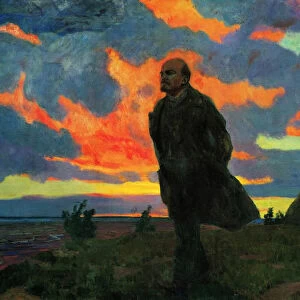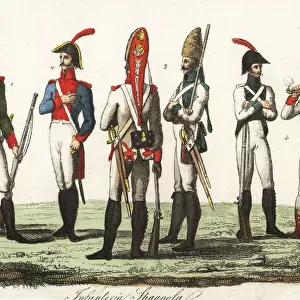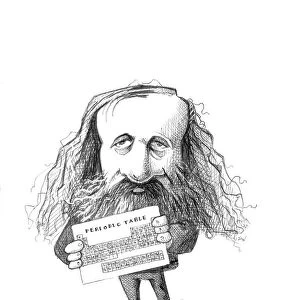Home > Arts > Artists > C > King Charles
Isaac Newtons design for a reflecting telescope
![]()

Wall Art and Photo Gifts from Science Photo Library
Isaac Newtons design for a reflecting telescope
Diagram of Sir Isaac Newtons design for a reflecting telescope. Known also as the Newtonian telescope. It worked by concentrating light by reflection from a parabolic mirror, instead of by refraction through a lens. Newton (1642-1727) first displayed this telescope to King Charles II, based on a design of 1668. It had a focal length of 15 cm and could magnify 30-40 times. Inadequate mirrors meant that the Newtonian reflector was not as refined as contemporary refracting telescopes, until 1722, when James Hadley ground a quality parabolic mirror. This drawing was published in the Philosophical Transactions of the Royal Society in 1672
Science Photo Library features Science and Medical images including photos and illustrations
Media ID 6451691
© SCIENCE PHOTO LIBRARY
History Of Instrument Reflecting Telescope Telescope Telescopes
FEATURES IN THESE COLLECTIONS
> Arts
> Artists
> C
> King Charles
> Science
> Scientists
> Sir Isaac Newton
EDITORS COMMENTS
This print showcases Sir Isaac Newton's groundbreaking design for a reflecting telescope, also known as the Newtonian telescope. The diagram depicts Newton's ingenious creation that revolutionized the field of astronomy during the 17th century. Unlike traditional telescopes that relied on lenses to refract light, this innovative instrument harnessed reflection from a parabolic mirror to concentrate and enhance celestial images. The historical significance of this particular design is highlighted by its presentation to King Charles II in 1668, marking an important milestone in scientific advancement. With a focal length of 15 cm and magnification capabilities ranging from 30-40 times, this early version of the Newtonian reflector had immense potential. However, it was not until James Hadley ground a high-quality parabolic mirror in 1722 that the full refinement and precision of this type of telescope were realized. Prior to Hadley's breakthrough, refracting telescopes held an edge over their reflecting counterparts due to inadequate mirrors. Published in the prestigious Philosophical Transactions of the Royal Society in 1672, this drawing immortalizes Newton's visionary contribution to astronomical equipment. It serves as a testament to his genius and enduring legacy within scientific history. Through Science Photo Library's meticulous reproduction process, viewers can now appreciate both the artistic beauty and technological innovation captured within this remarkable image.
MADE IN AUSTRALIA
Safe Shipping with 30 Day Money Back Guarantee
FREE PERSONALISATION*
We are proud to offer a range of customisation features including Personalised Captions, Color Filters and Picture Zoom Tools
SECURE PAYMENTS
We happily accept a wide range of payment options so you can pay for the things you need in the way that is most convenient for you
* Options may vary by product and licensing agreement. Zoomed Pictures can be adjusted in the Cart.









